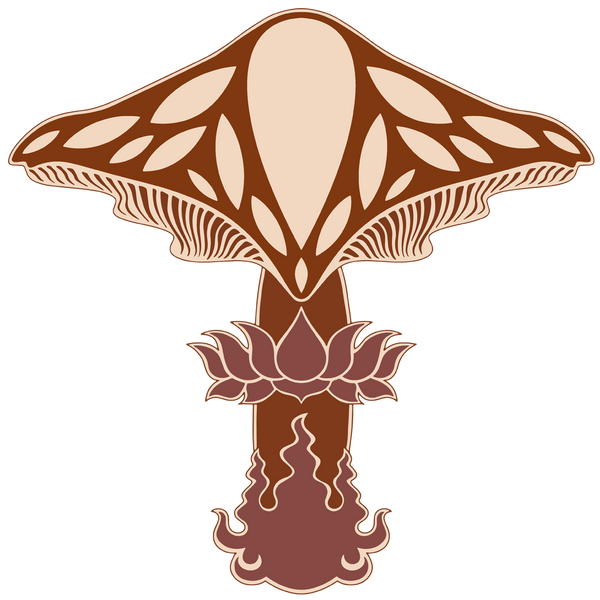What is Kombucha?
Kombucha is a fermented tea beverage made from tea leaves, sugar, water, and a tea culture from a previous batch, commonly referred to as The Mother. Interestingly, there is no kombu (seaweed) in kombucha.
The Origins of Kombucha
The origins of Kombucha date back to ancient Asia, and over time, it spread through trade routes to Russia and eastern Europe. Its name pays tribute to a Japanese emperor from the 5th century, who was treated by a Korean Doctor known as Kombu. The "cha" (茶) in Kombucha comes from the Kanji (Japanese) and Chinese character "茶," which means "tea." Kombucha was passed down through ancient China, Korea, and Russia, where it was regarded as a luxury item and a symbol of health and eternal life.
The Chinese term for kombucha is 茶菌, which literally translates to "tea bacteria." The Kanji "菌" means "fungus," which is similar to how "bacteria" or "germ" is understood. In Taiwan, kombucha is called "康普茶" (Kāng pǔ chá) or "茶菌氣泡飲" (Tea Bacteria Bubble Drink). If you enjoy puns and understand Chinese, it is not surprising that '恐怖茶' (Kǒngbù chá), meaning "Scary Tea," wasn't the most popular choice despite its resemblance to the English term.
The Elixr For Long Life —Health Benefits of Kombucha


This fascination with the Elixir for long life arose from its numerous health benefits, which include B vitamins, probiotics, beneficial bacteria, and essential minerals. These elements are believed to support gut health, boost immunity, and enhance digestion and overall wellness to achieve immortality.
